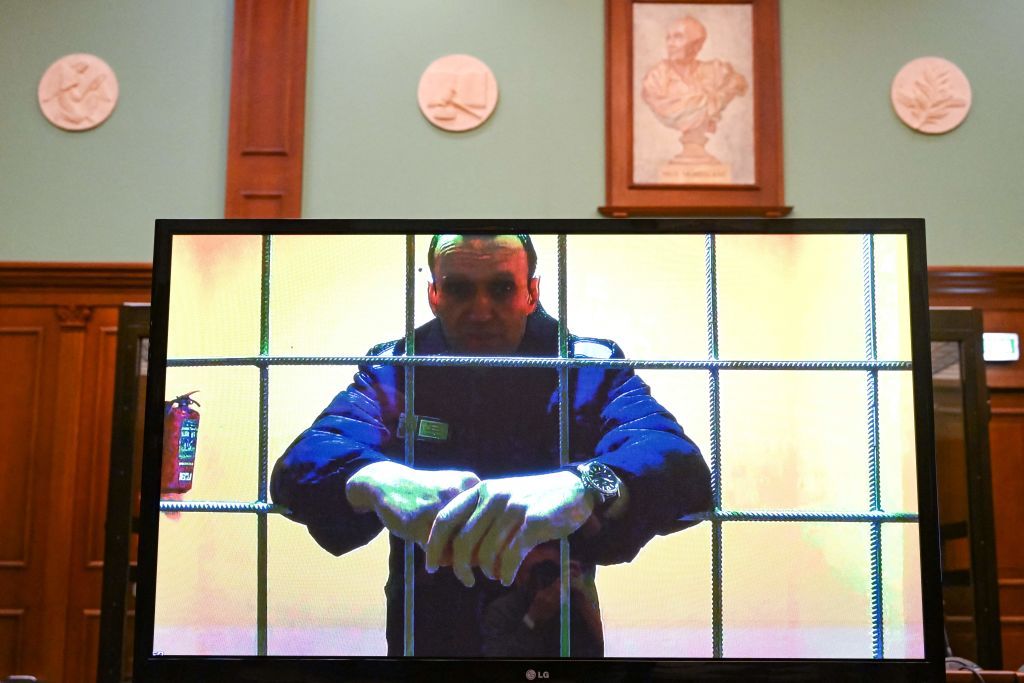Michel: 'EU holds Russian regime (solely) responsible for (Navalny's) tragic death'

European Council President Charles Michel said, "Alexei Navalny fought for the values of freedom and democracy. For his ideals, he made the ultimate sacrifice."
"The EU holds the Russian regime (solely) responsible for this tragic death. I extend my deepest condolences to his family. And to those who fight for democracy around the world in the darkest conditions."
Russian media reported on Feb. 16 that Russian opposition leader Navalny died in prison. Navalny was being held in a penal colony in Russia's far northern Yamal-Nenets Autonomous District.
According to the prison service, Navalny supposedly lost consciousness and could not be revived.
The penal colony that Navalny was held in is located in a remote settlement north of the Arctic Circle, with "tough conditions" and limited access to letter delivery, according to Zhdanov, the head of the Anti-Corruption Foundation established by Navalny.
Navalny was previously held in the IK-6 Melekhovo high-security prison in Russia's Vladimir Oblast.
Navalny had been serving a 2.5-year prison sentence since 2021 and a separate 9-year sentence on fraud charges since 2022.
A Russian court also sentenced Navalny to 19 years in a maximum security prison in August 2023 on extremism charges for creating the Anti-Corruption Foundation.
All these cases have been recognized as politically motivated and fabricated by international human rights organizations and governments.
Navalny was poisoned in Russia in 2020 and flown for treatment in Germany. German doctors said he had been poisoned with a Novichok nerve agent — a chemical weapon produced by the Russian government.
The Insider, Bellingcat, CNN, and Der Spiegel published an investigation according to which Navalny had been poisoned by agents of Russia’s Federal Security Service. They also identified the agents' names.












